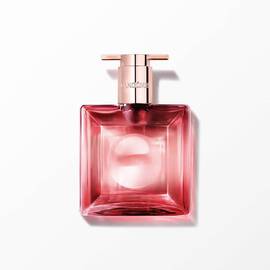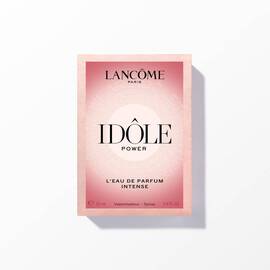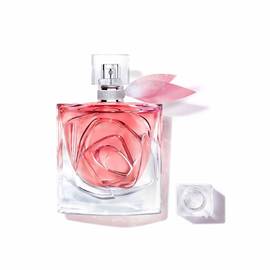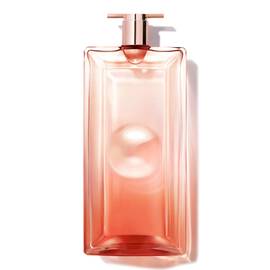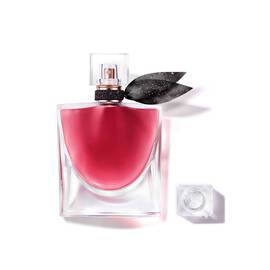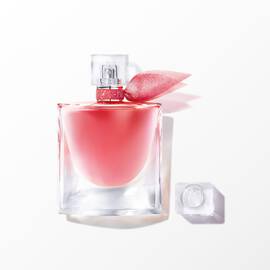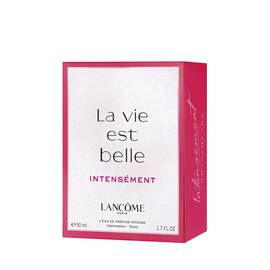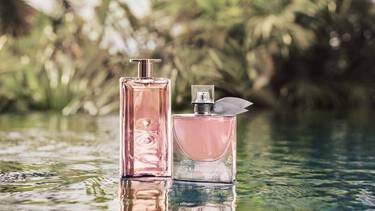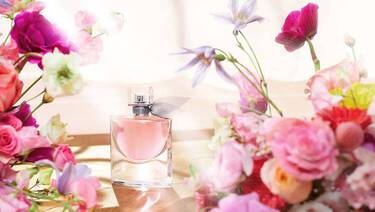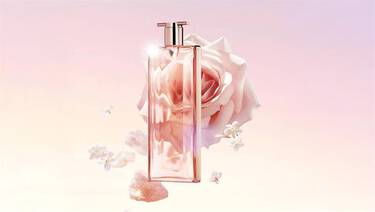Does Perfume Expire? Unveiling The Truth About Your Favourite Fragrance
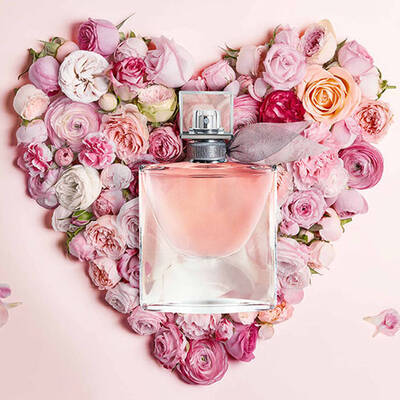
Perfume is often seen as a timeless accessory, an invisible part of your outfit that leaves a lasting impression. But like most beauty products, perfumes have a shelf life too. The question that lingers in the minds of many fragrance lovers is, "Does perfume expire?" In this blog, we'll dive deep into the expiration date for perfume, why it expires, how to identify an expired perfume, and whether it’s safe to use it past its expiration date.
Does Perfume Expire?
Yes, perfume does expire. While it might not have a clear expiration date like food or medication, perfumes have a lifespan that typically ranges from three to five years. The longevity of a perfume depends on various factors, including its ingredients, storage conditions, and even the bottle design. Over time, the scent of your perfume can change, becoming less potent or taking on an unpleasant odour. Just as the fragrance can evolve throughout the day, it can also transform as it ages, often losing the very essence that made it appealing in the first place. So, the next time you wonder “Does perfume expire?” the answer is yes.
Why Do Perfumes Expire?
Perfumes expire due to the natural degradation of their ingredients over time. The key components of perfumes, such as essential oils, alcohol, and synthetic compounds, are susceptible to changes when exposed to air, light, and varying temperatures. Here’s a closer look at why perfumes eventually expire:
1. Oxidation
When you spray your perfume, air enters the bottle, causing oxidation. This chemical reaction can alter the scent molecules, leading to a breakdown of the original fragrance. Over time, oxidation can cause the perfume to smell different or become weaker.
2. Light Exposure
Exposure to light, particularly sunlight, can accelerate the degradation of the fragrance. UV rays can break down the molecular structure of the perfume, causing it to lose its scent or develop an off-putting odour. This is why many perfumes are stored in dark-coloured bottles to minimise light exposure.
3. Temperature Fluctuations
Extreme temperatures, whether too hot or too cold, can affect the stability of a perfume. Heat can cause the perfume’s components to evaporate or separate while freezing temperatures can alter the consistency of the fragrance. Both scenarios can lead to a diminished or altered scent.
4. Quality Of Ingredients
The quality and type of ingredients used in a perfume also play a significant role in the perfume's shelf life. Natural ingredients, while often more desirable, tend to have a shorter lifespan than synthetic ones. This is because natural ingredients are more prone to oxidation and degradation.
5. Packaging and Bottle Design
The design of the perfume bottle can also influence how long the scent lasts. Bottles that allow more air to enter, such as those with atomisers or loose-fitting caps, can cause the perfume to expire faster. On the other hand, well-sealed bottles can help preserve the fragrance for a longer period.
How To Recognise The Expiration Date For Perfume?
Recognising your perfume’s shelf life is crucial for maintaining a pleasant and consistent scent experience. Here are some signs that your perfume may have passed its prime:
1. Change in Scent
The most obvious sign of an expired perfume is a change in its scent. If your fragrance smells different from how it originally did—whether it’s weaker, stronger, or has developed a sour or musty odour—it’s likely expired.
2. Colour Change
Perfumes often change colour as they age. If your perfume has darkened or taken on a yellowish or brownish hue, it may be a sign that the ingredients have oxidised and the perfume has expired.
3. Consistency
While less common, changes in the consistency of the perfume can also indicate expiration. If the liquid appears cloudy, has separated, or feels oily, it’s a sign that the perfume is no longer fresh.
4. Irritation Or Skin Reaction
An expired perfume can cause skin irritation or allergic reactions that you haven’t experienced before. If you notice redness, itching, or a rash after applying a perfume you’ve used for a while, it may have expired.
5. Packaging Damage
While not a direct indicator of expiration, damaged packaging can compromise the integrity of the perfume. A cracked bottle or a malfunctioning spray mechanism can expose the perfume to air and contaminants, speeding up its expiration.
How To Increase The Longevity Of Your Perfume?
If you want to extend the life of your perfumes and keep them smelling fresh, follow these tips:
-
Store In A Cool, Dark Place
Keep your perfumes away from direct sunlight and heat sources. A cool, dark place, such as a drawer or a cabinet, is ideal for preserving the fragrance.
-
Keep The Bottle Sealed
Always ensure the cap is tightly closed after each use to prevent air from entering the bottle. For perfumes with atomisers, consider keeping the nozzle clean to avoid clogging and contamination.
-
Avoid Temperature Fluctuations
Try to store your perfumes in a place with a consistent temperature. Avoid leaving them in areas prone to temperature changes, such as bathrooms or near windows.
-
Minimise Exposure To Air
When applying perfume, try to use the spray mechanism rather than opening the bottle, as this minimises the exposure to air and reduces the risk of oxidation.
-
Opt For Smaller Bottles
If you don’t use a particular perfume frequently, consider purchasing smaller bottles. This way, you can enjoy the scent while it’s still fresh without worrying about its expiration before you’ve finished it.
Is It Safe To Use Expired Perfume?
Using expired perfume is generally not recommended, but it’s not necessarily dangerous. However, expired perfumes can cause skin irritation, allergic reactions, or simply smell unpleasant. If you notice any adverse effects after applying an expired fragrance, it’s best to discontinue its usage immediately. Additionally, the scent of an expired perfume may not be as enjoyable, and it can detract from your overall experience.
Perfume is a beautiful and personal accessory that can evoke emotions, and memories, and enhance your presence. However, like all good things, perfumes have a shelf life. Understanding the signs of expiration and taking steps to prolong the life of your fragrances can ensure that you continue to enjoy your favourite scents at their best. Not sure which scent will work best for you? Browse through a wide range of perfumes online and get the product delivered to your doorstep without hassle, along with complimentary samples. So, what are you waiting for?


